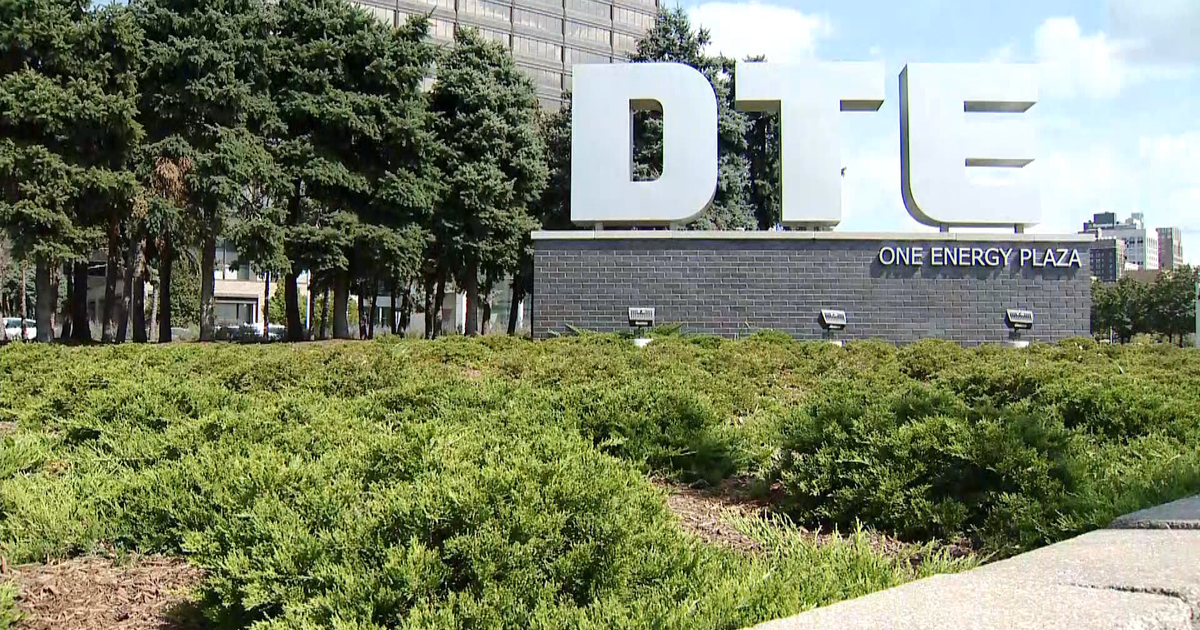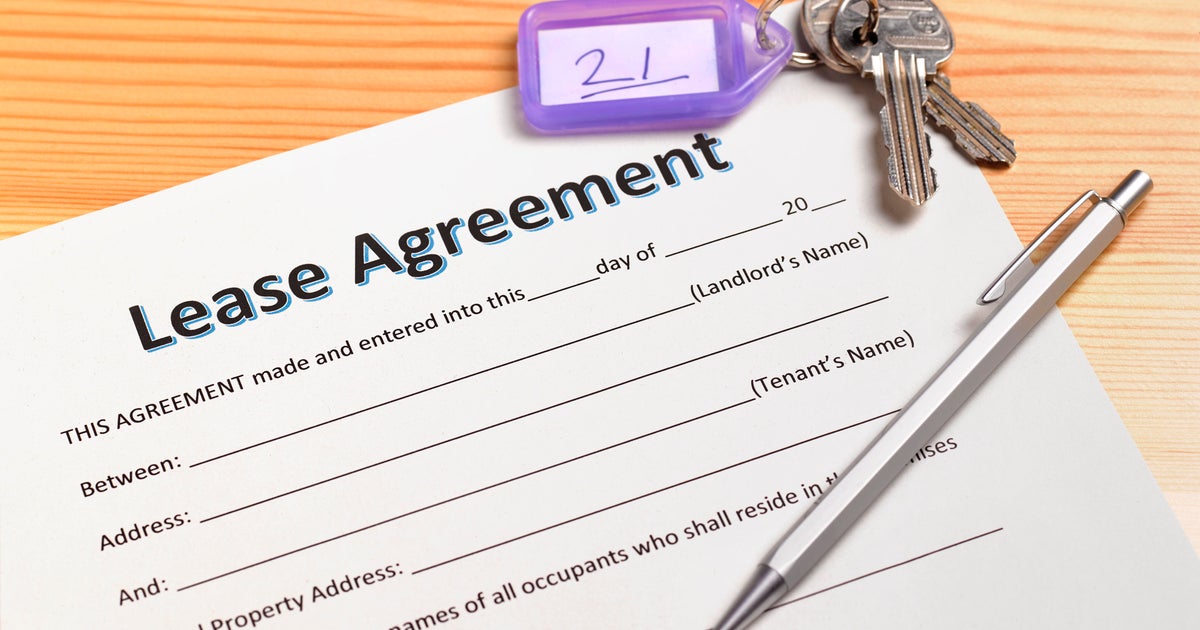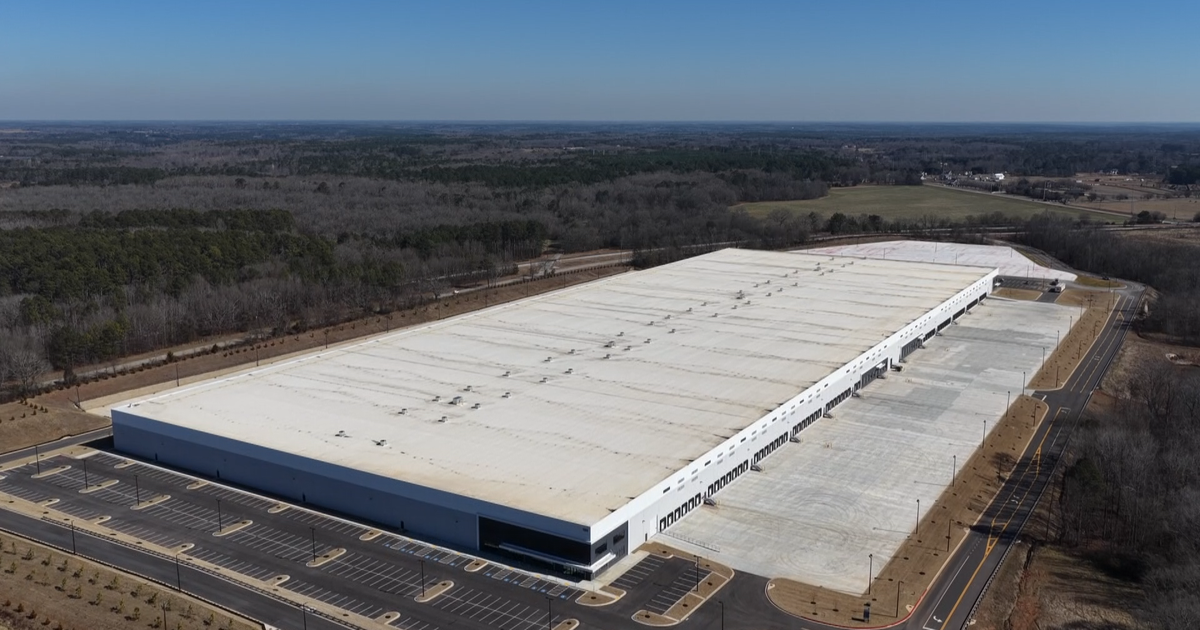Google Must Pay Motorola $2.5B If Regulators Axe Deal
MOUNTAIN VIEW (CBS / CNN Wire / AP) -- In a sign that the Google-Motorola deal could face heavy antitrust scrutiny, Google included an unusually high breakup fee in its deal terms, according to a document filed with the Securities and Exchange Commission on Thursday.
In the filing, Mountain View-based Google Inc. said it would pay Motorola Mobility Holdings $2.5 billion if the deal does not get approved by antitrust regulators. That's 20% of the $12.5 billion purchase price.
When an Internet company plunks down $12.5 billion, and offers an unusually high breakup fee, to buy a struggling cell phone company for its collection of patents -- it's also a sign that high-tech industry patents have become a mallet wielded by corporations to pummel their competitors.
Google announced the deal to buy Motorola Mobility earlier this week, specifically for its trove of 17,000 patents. Google needs them to shield companies like HTC and Samsung Electronics -- which make phones based on Google's Android software -- from lawsuits filed by Microsoft and Apple.
"Google is not acquiring Motorola for the sake of its technology or its research," said James Bessen, a lecturer at Boston University and co-author of a book on the patent system. "Patents have become legal weapons -- they're not representing ideas anymore."
The trend, decades in the making, raises questions that pending legislation in Washington, D.C. only begins to answer.
Google's multibillion-dollar bid to get its hands on Motorola's output of legal paperwork is the culmination of a bubble in the value of patents relating to smartphones that started last year, as Microsoft and Apple mounted their legal attacks. Industry watchers say that bubble may deflate now that Google is set to gain the protection of Motorola's patents in a deal that's set to close late this year or early next.
But an underlying problem will keep growing: patent filings and lawsuits that distract companies and sap resources.
Engineers spend their time writing patents rather than inventing things, or reworking products just to avoid patent infringement. Customers put off purchases because of pending lawsuits, and independent software developers close up shop because they can't afford licensing fees.
"If you have to pay $12.5 billion to play, you can sense why maybe an individual who has a great idea would feel discouraged," said Julie Samuels, a patent lawyer with the San Francisco-based Electronic Frontier Foundation, a technology-oriented civil liberties group. "It affects the whole economy."
It wasn't always this way. The U.S. software industry got its start with nary a patent filed, and on the hardware side, patent suits were rare until the mid-1980s. That was when calculator and chip maker Texas Instruments, on the brink of extinction, decided to see whether it could make some money from its patent portfolio. It started filing patent lawsuits and demanding money from companies with infringing products. It saved the company.
IBM latched on to TI's lead in patent licensing in the mid-'90s, when it was down on its luck. That coincided with courts broadening the types of patents allowed. Patents on software and "business methods," with vague, broad claims, were now accepted.
Since then, an arms race has slowly escalated in the industry. Companies found that the best defense against a patent suit from a rival was to have a patent portfolio to wield as a deterrent: "Sue me, and I'll sue you back," is the message Google is sending by buying Motorola.
(Copyright 2011 by CBS San Francisco. All rights reserved.)







